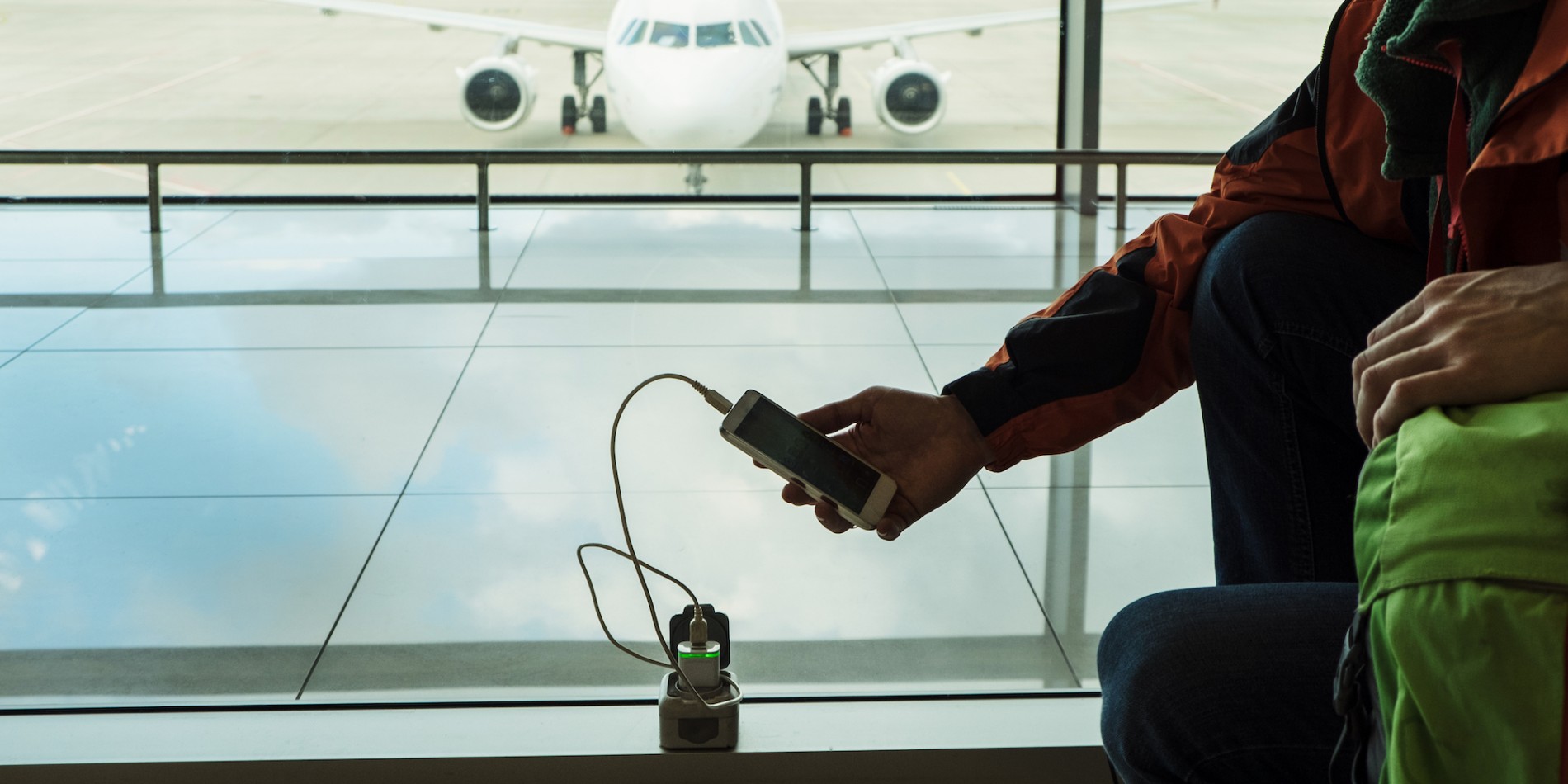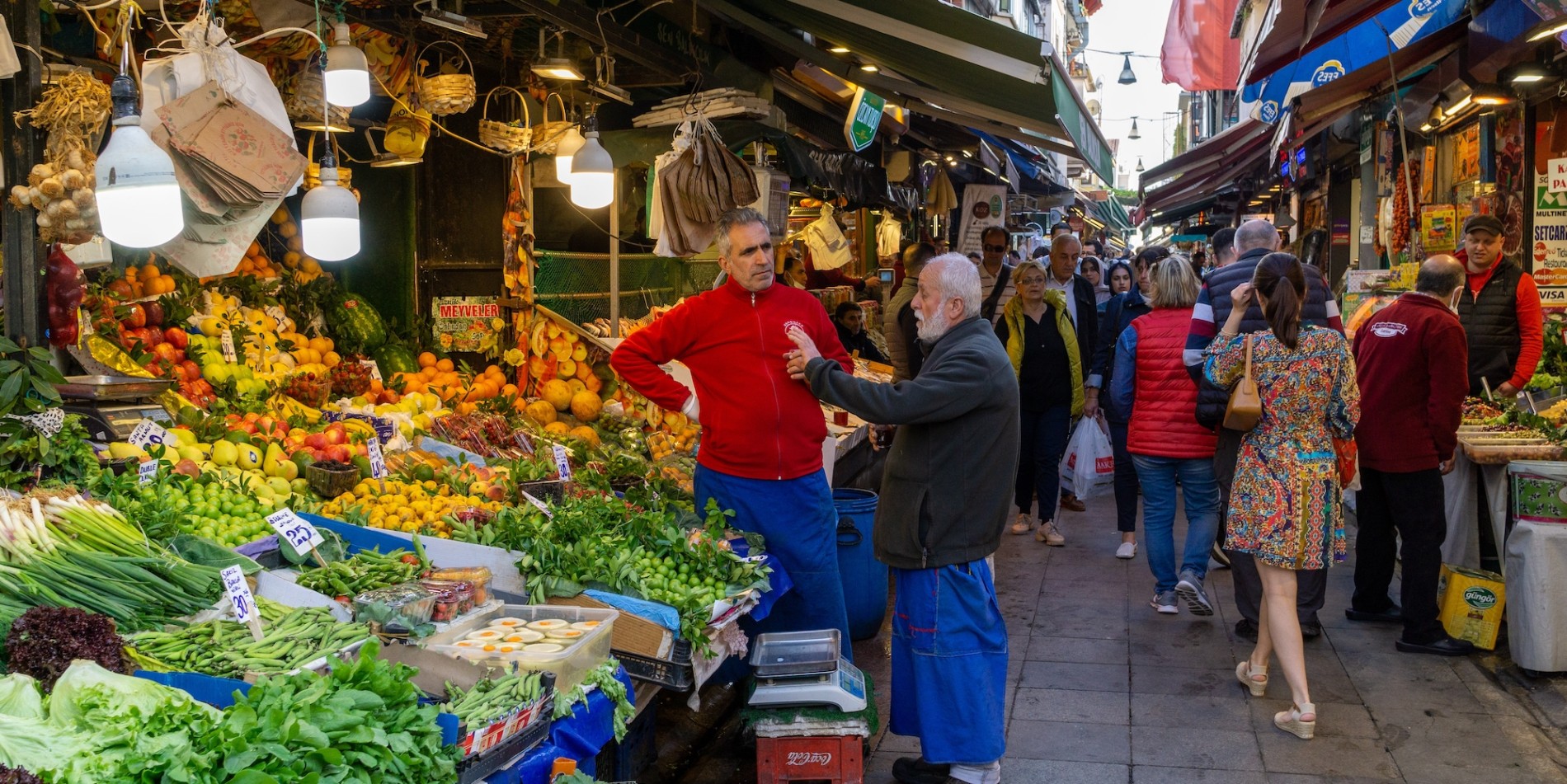How to Pack for an Adventure in Turkey
With its sun-drenched coastline, ancient ruins, and spellbinding landscapes, Turkey is a country that everyone should visit at least once in their lifetime. Its storied past includes periods under Anatolian, Greek and Persian rule before its principalities were united by the Ottomans in the late 13th century. Today, this vast country is littered with the remains of those who have come before in the form of majestic mosques and the oldest known megaliths in the world.
No matter where you are visiting in Turkey or the kind of adventure you are embarking on, it is wise to put some research, forethought, and intentionality into your packing. As a conservative country, there are certain dress standards that are expected of locals and tourists alike, and being prepared will save you the embarrassment of being denied entry to sacred sites.
In this guide, we’ll touch on everything you need to consider as you pack for a Turkey adventure, including carrying cash, powering your devices, and ensuring your water is safe to drink. We’ll also share with you why you should leave home with plenty of space in your luggage, just in case Turkey’s bazaars get the better of you!

Invest in a good pair of walking shoes
All of our Turkey adventures involve a significant amount of walking, whether it’s sightseeing in Istanbul or trekking through the magnificent valleys of Cappadocia. As such, you want to bring a pair of walking shoes that offer good lateral support for stability and have a uniform level of cushioning.
Rather than rushing out to buy a new pair of shoes in the week before you leave home, we recommend giving yourself time to wear the shoes in a little. This will ensure you overcome any niggling blisters that are all-too-common with new shoes and can figure out the thickness of socks you require for the greatest comfort.

Bring a camera
While a camera is completely optional (and we understand the desire to just experience travel moments as they happen), it’s an easy way of creating travel memories that you can look back on in years to come. For budding photographers, it’s also a great opportunity to develop your skills while documenting new cultures and landscapes.
The type of camera you bring will depend on your shooting preferences and how much weight you are willing to lug around. A good-quality point-and-shoot can do the job effectively, with some also designed to be waterproof and shockproof, making them versatile to withstand the unexpected nature of travel. A digital SLR with detachable lenses takes things up a notch, allowing you to expand your photography skills. But it will add significantly to the weight of your carry-on luggage and your day pack.
Clothing
It goes without saying that you will need enough changes of clothes to see you through the duration of your Turkey trip. Whether you’re sailing on a Turkish gulet or kayaking the country’s spectacular coastline, opt for lightweight and quick-drying garments that can be worn again and again. In addition to sun protection (a foldable hat, sunscreen, and sunglasses), be sure to pack a swimsuit for when the opportunity arises.
When packing for a Turkish holiday, it’s important to remember that you are visiting a predominantly Muslim country with conservative dress standards. Expectations at the country’s beach resorts are more relaxed than in the cities where you should dress according to what the locals wear. For women, this means no short skirts, singlet tops, and figure-hugging attire while for men, tank tops and shorts should be avoided.
Dress codes are enforced when visiting mosques and the attendants will inform you if you don’t meet the requirements. In most cases, they will have garments that you can put on but it is far more hygienic (particularly in our post-Covid world) to come prepared yourself. In addition to observing the above dress requirements, women should pack a light scarf that can be wrapped around the head when entering mosques.

Travel adapter
There’s nothing worse than arriving in a new destination and realizing you can’t charge any of your devices because you forgot to pack a travel adapter. While most hotels and some guesthouses will have adapters you can borrow, it’s not convenient having to continually source a new one as you move around the country.
Before you leave home, make sure you pack an international travel adapter or an adapter that is compatible with a Type F plug (two round holes). In Turkey, the standard voltage is 220 V while the frequency is 50 Hz (in the United States, it is 120 V with a frequency of 60 Hz).
Water filtration system
In Istanbul and most other large Turkish cities, the tap water is filtered and safe to drink. That being said, it is heavily chlorinated in the process and not to the taste of many, including locals.
Instead of purchasing bottled water, which has a detrimental impact on the environment, we recommend that you bring along a small water filtration system to use with a BPA-free reusable water bottle. Most filtration systems use a pumping mechanism that forces water through the filter, removing sediment, lead, and chlorine in the process. Alternatively, you can find ones that use ultraviolet light in the purification process or tablets that are simply added to the water.

Always carry some cash
While restaurants and stores in most major Turkish cities will accept credit and debit cards, it’s not always the case in smaller towns and villages. That’s why it’s always a good idea when traveling abroad to carry a bit of cash in the local currency so you don’t get caught out. Cash is usually “king” when paying for taxis and public transportation, buying locally-made handicrafts and art, as well as using public restrooms.
In addition, cash is the preferred means of offering gratuities during your Turkey adventure. Tipping has become much more widespread throughout the country in recent years, with at least 10% considered appropriate at most restaurants. You can either just leave it on the table or request that the waiter add it to your bill if you’re paying by card.
To obtain Turkish lira, you can either withdraw it from ATM on arrival at the airport or take advantage of one of the exchange houses that are found in most big cities and tourist hotspots.

Shopping
With its sprawling markets and bustling bazaars, Turkey offers shopping experiences like nowhere else. That’s why we highly recommend you leave a good chunk of space in your luggage for local purchases or consider bringing an extra duffle bag to fill with newfound treasures.
Whether you're exploring local markets or visiting an artisan workshop, buying directly from the makers ensures that they’re not losing out to “middlemen”. In addition to gorgeous textiles and rugs, you’ll find colorful glass lamps and traditional coffee pots. For a small yet quintessentially Turkish souvenir, look out for blue evil-eye amulets that are believed to protect the owner from bad luck.
Don’t leave your packing to the last minute!
No matter where in the world you are traveling to, it pays to be well prepared. You don’t want to arrive at your destination, only to spend the first day shopping for things you forgot (all while negotiating a foreign language and new culture). A trip to Turkey is undoubtedly a once-in-a-lifetime experience, so be sure to give your packing the time and intention it deserves.




